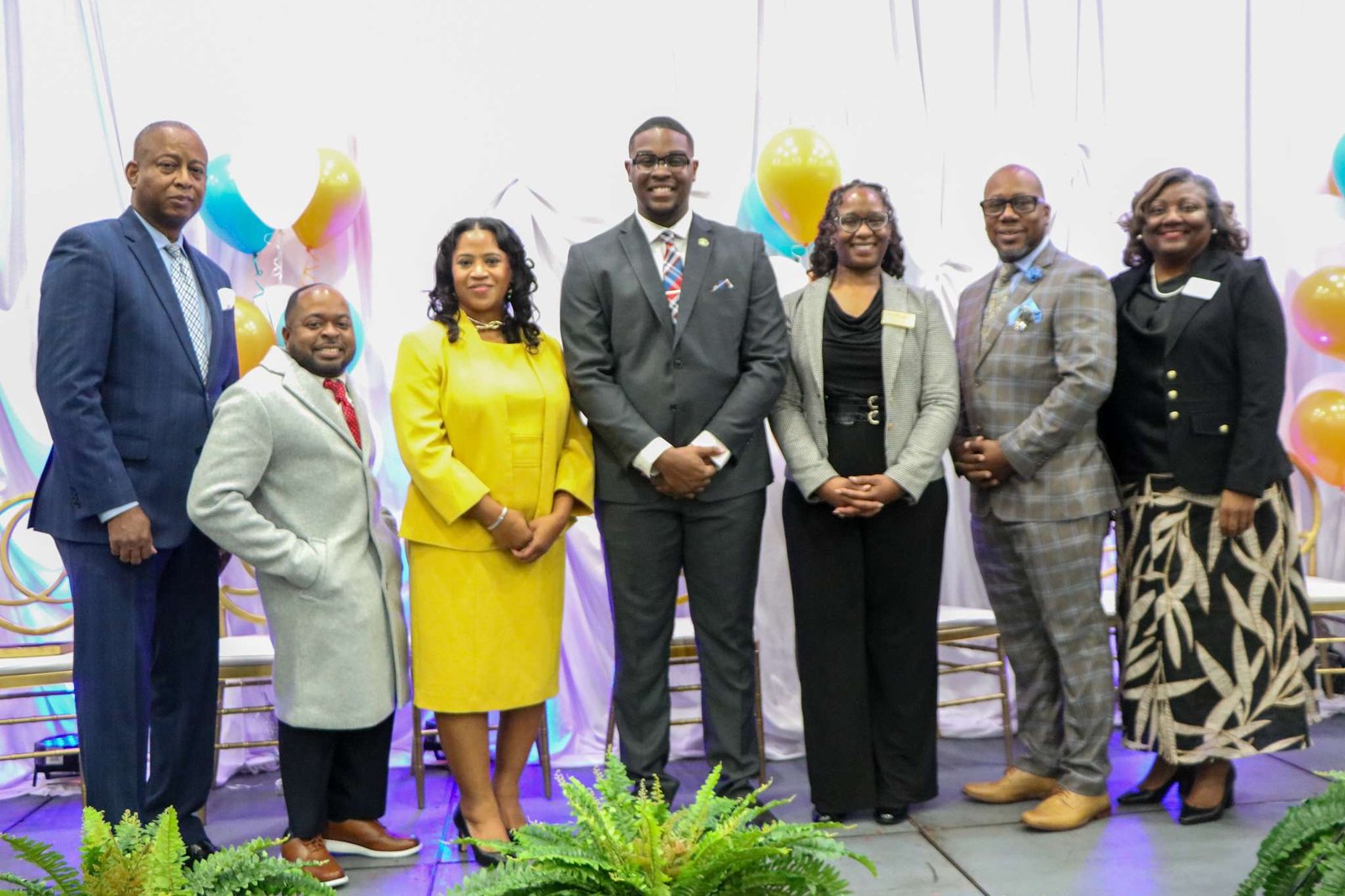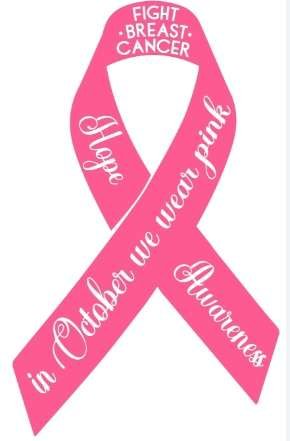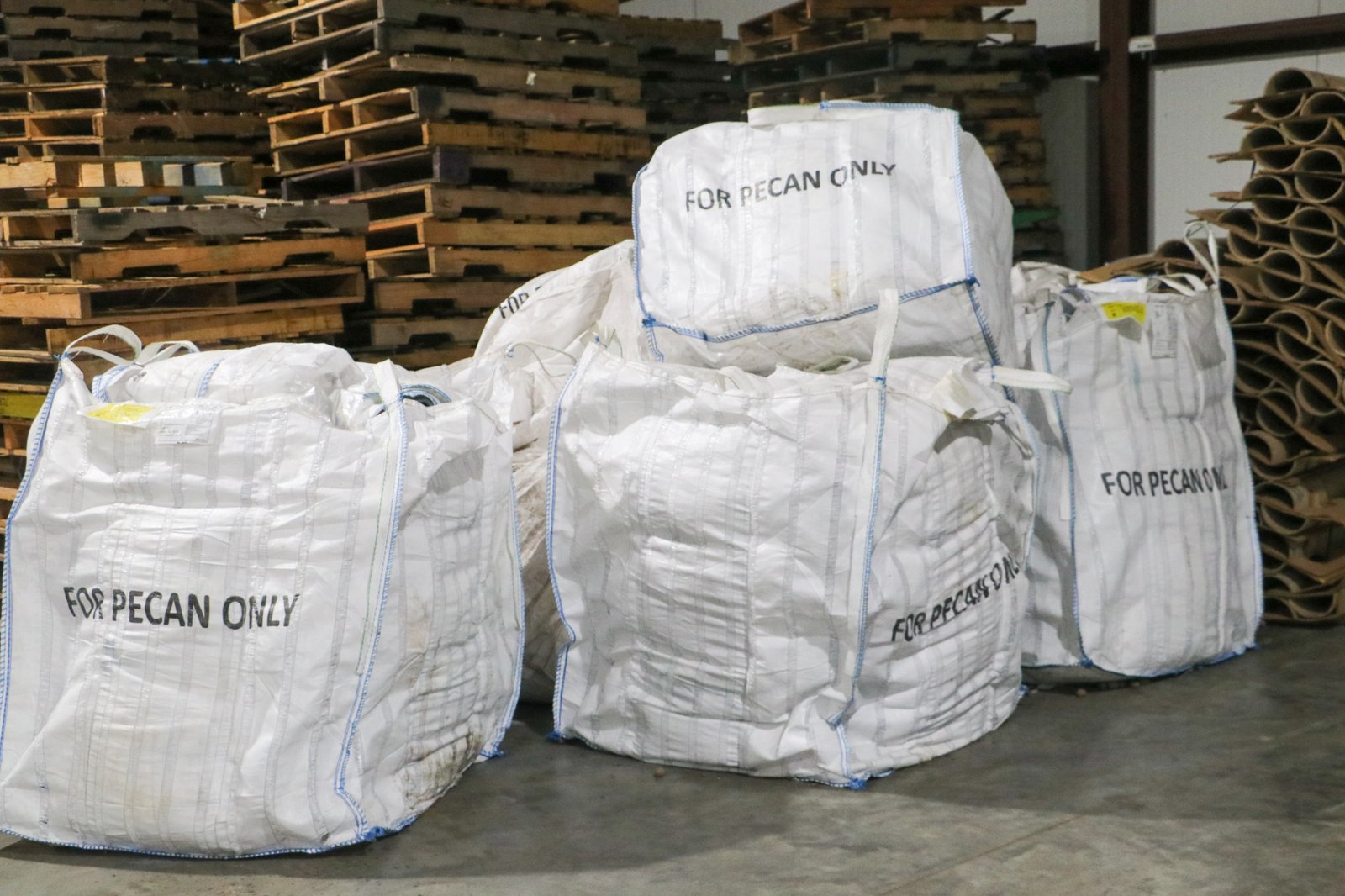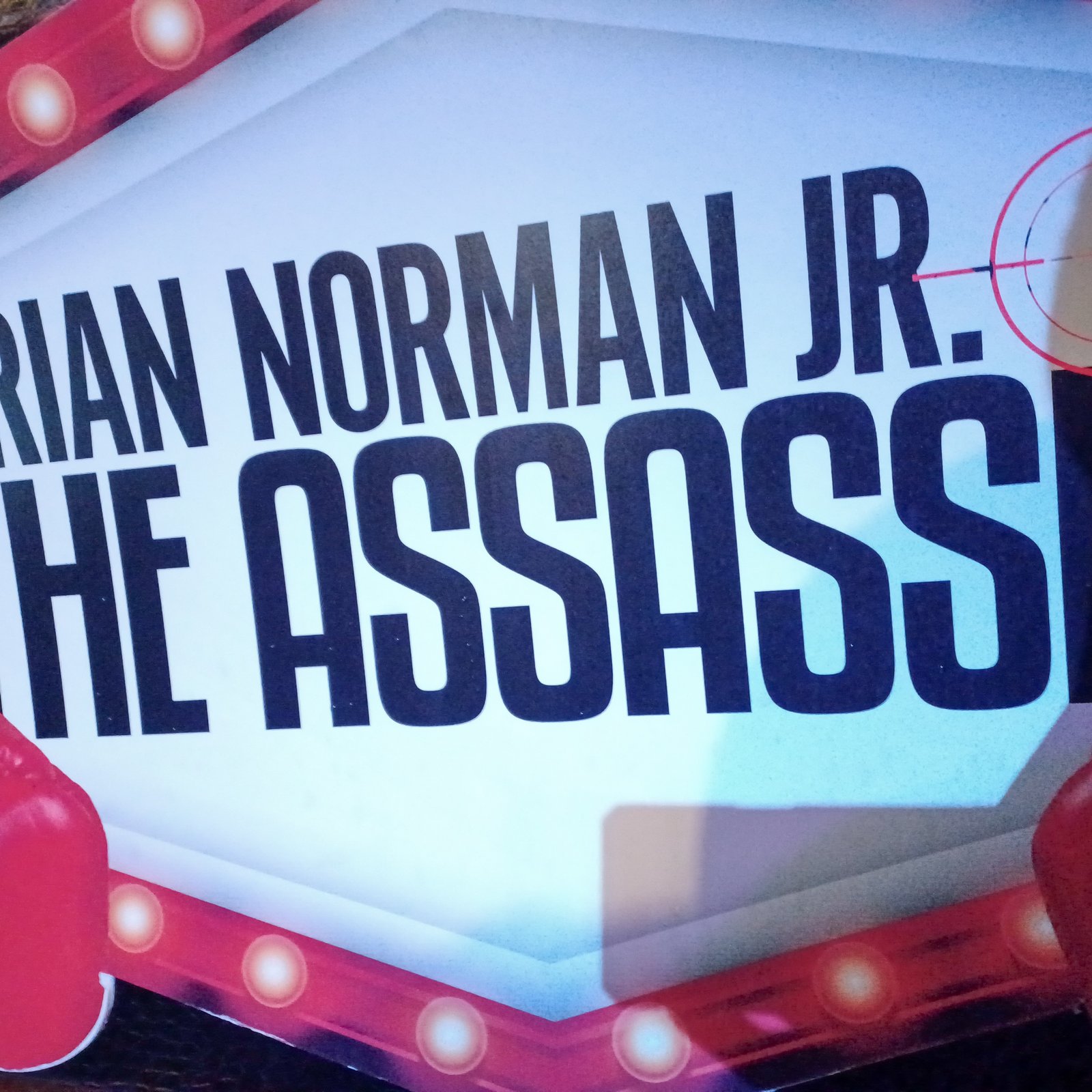
New York, NY – May 28, 2024
In a historic trial, the defense team for former President Donald Trump presented their closing arguments on Tuesday, May 28, 2024. Trump faces 34 counts of falsifying records related to a $130,000 hush money payment made just 12 days before the 2016 election. This marks the first-ever criminal trial of a former American president.
The payment, allegedly made to silence an affair with porn star Stormy Daniels, has been at the center of this legal battle. Prosecutors assert that Trump directed his fixer, Michael Cohen, to make the payment to ensure the sexual encounter remained undisclosed, which they argue was crucial for his electoral prospects.
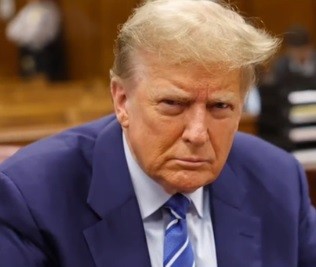
To expedite the proceedings, the jury, comprised of five women and seven men, agreed to stay late on Tuesday evening to receive the case that day after the conclusion of the closing arguments.
Defense attorney Todd Blanche led the charge for Trump’s legal team, arguing that the former president was too preoccupied with his campaign to be aware of the specifics regarding the checks he signed. “Cohen told you a number of things on that witness stand that were lies, pure and simple,” Blanche stated, emphasizing that Michael Cohen, who once served as Trump’s personal lawyer, lacked credibility. “Michael Cohen was the greatest liar of all time, an MVP of liars,” he added, urging the jury to deliver “a very easy and quick not guilty verdict.”
Conversely, Assistant District Attorney Joshua Steinglass portrayed Trump as being at the center of a conspiracy and cover-up. “This isn’t a referendum of your views on President Trump. This is about his actions,” Steinglass remarked. He suggested that the payment and subsequent cover-up “could very well be what got President Trump elected,” highlighting Trump’s concern that the affair’s exposure could derail his campaign.
Trump’s eldest son, Donald Trump Jr., and his daughter, Tiffany, were in the courtroom on Tuesday, showing support for their father. Notably absent were his wife, Melania Trump, and his daughter Ivanka.
In his closing remarks, Steinglass addressed the jury directly, acknowledging the complexities of relying on Cohen’s testimony. “We didn’t pick him up at a witness store. The defendant chose him as a fixer because he was willing to lie and cheat,” Steinglass asserted, framing Cohen as a pivotal yet flawed character in the unfolding narrative.
As the jury prepares to deliberate, Trump reflects on the gravity of the situation, stating as he came into court on Tuesday, “We will see how it goes. It is a very dangerous day for America, and it is a very sad day.”
The jury’s decision will impact Trump’s future and set a significant precedent in American legal and political history.





